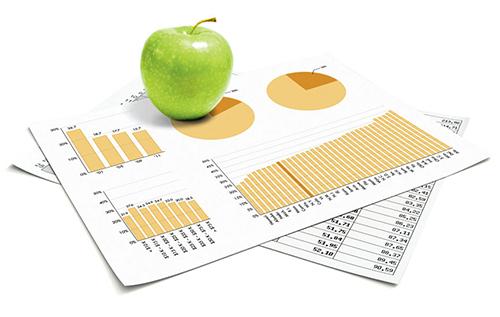
A health report card for the state comes out each year, measuring things like teen pregnancy, smoking, obesity and mental health. This year’s report is out. With three Bs, a C and a D, Colorado didn’t exactly make the Dean’s List. But this is about more than waistlines and bad habits. It’s also about money.
Michelle Lueck, of the Colorado Health Institute, which put together the report card for The Colorado Health Foundation, says, "We looked at the importance of health on the workplace, on the workforce, on jobs and the economy within this state."
The analysis divides Coloradans into five age groups, prenatal to old age. Overall, adolescents, adults and the elderly are doing pretty well; they earned Bs and B pluses. But Colorado’s children did poorly, scoring a D plus.
Many of the factors the Institute evaluated are lifestyle issues. Lueck says Colorado has some clear strengths and weaknesses: "In healthy adults, we are number one in exercise and we’re number one in obesity. But we are 36th in binge drinking and our neighbors to the west -- Utah -- are number one."
Number one is the healthiest. The report card notes that hidden behind Colorado's encouraging obesity statistic, is that the state's obesity rate has doubled in less than 20 years. And this state ranks 23rd in childhood obesity. Lueck says that one in every five dollars spent on health care is tied to things people can change. "It’s lifestyles, it’s behavior, it’s what we eat, it’s how we get to work, it’s how much we exercise," she says.
So, Lueck’s group looked at what would happen to Colorado’s economy if the state became number one in behaviors people can can change, like smoking, obesity, teen pregnancy -- and in the case of mental health, getting help. The result, apparently, would be hundreds of millions of dollars in health care savings, greater productivity, and increased economic competitiveness. Ryan Warner speaks with Kelly Brough of the Denver Metro Chamber of Commerce.
[Photo: Colorado Health Foundation]








